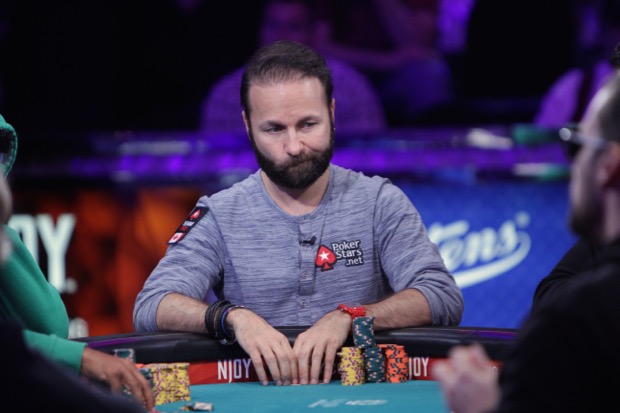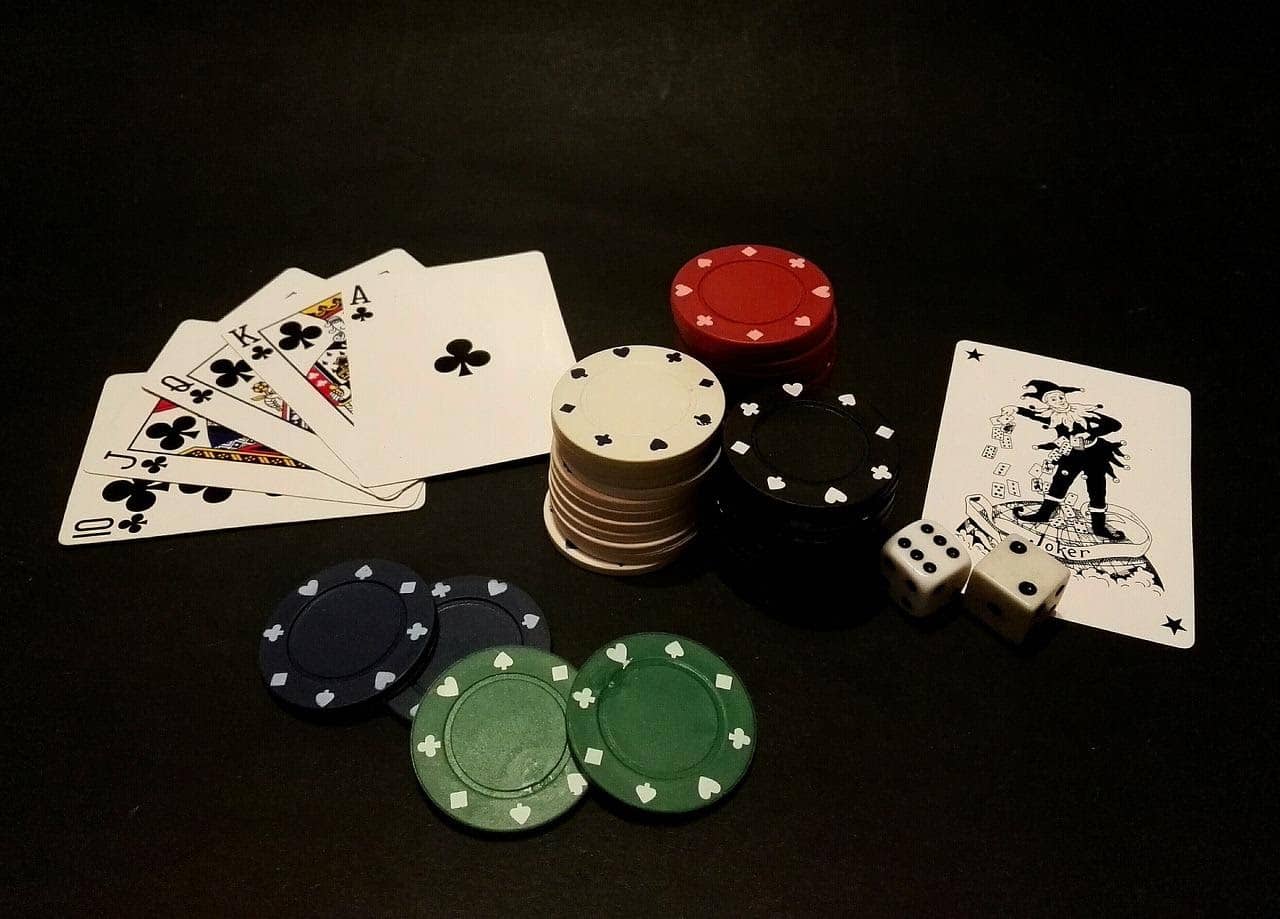General Poker Strategy


No matter who you are, or how many hands of poker you've played in your life, you should always be trying to brush up on your poker skills.
The single most important factor to progress in this realm is experience.
The more situations you encounter at a poker table, the more apt you are to make the correct decisions when you are put into a similar situation.
'Poker reveals to the frank observer something else of import - it will teach him about his own nature. Many bad players do not improve because they cannot bear self-knowledge.'
-David Mamet
The general maxim of poker strategy is that it is easy to learn and difficult to master. Various poker games rely on game specific strategies, below is a basic and general guide to poker strategies and psychology that will improve your gameplay and pay out in any variation of poker.
- The general strategy for Omaha is the same for playing short stacked in any poker game. Play tight aggressive.The concept is that you put your money in when you are against a large field with the best hand.
- Poker betting strategy overview. That's essentially the meat and bones of bet sizing in Texas Hold'em for you. You can perfect it in your own time through practice, but if you stick with the 75% - 100% rule and the 4BB rule for before the flop, you are well on your way to becoming a force to be reckoned with at the poker table.
- General Poker Strategy While this site is dedicated to heads up poker, we feel the need to present some general poker strategy articles that will help your overall game. When you are done reading, play some poker at PokerStars.com.
- Poker strategy is based on a combination of calculating probabilities, an understanding of human nature, and staying patient. The best poker players understand the mathematics underpinning Texas holdem and other games like seven card stud and Omaha.
That said, though, it's a question of making the most of your experience, not just passively grinding away hoping that wisdom will seep in by osmosis. Here are some concrete ways to get the maximum benefit out of your hours at the felt.

You Must Take Notes in Poker!
When you encounter a new situation, you must make note of how it plays out. You need to learn from every situation, or you will never progress. Every mistake you make should only be made once.
When you get past the point in poker of simply playing the cards, you need to concern yourself with poker theory more heavily. Having poker friends to talk poker theory with will always help.
Every player can teach you something new about the game. When you're away from the felt, talk to everyone you can; learn everything you can.
General Blackjack Strategy
Watch As Much Poker As You Can
Watch poker shows, and other players in the games you are in. By just playing attention, you can pick up on tricks other players are using or mistakes they're making.
A warning about watching poker on TV: most TV poker is tournament poker, and usually you're watching final tables. This style of poker play has absolutely nothing to do with how you would play in a cash game.
Shows such as High Stakes Poker are fun to watch, but you have to remember that these are world-class players, playing against other players of that level. How they play at that table is not optimal for the tables you'll be playing on.
The best things you can learn from watching TV poker are the percentages and poker theory. Every hand you watch on TV has the hand percentages clearly displayed - this is a perfect opportunity to learn the percentages and odds for a multitude of hand situations.
General Poker Strategy Youtube
Analyze the Mistakes You Make
After every session you play, take time to think about certain hands. Figure out all the mistakes you made, and how you could have played the hand differently.

If you follow the advice to keep a record of all your sessions, your notes will provide an aide-mémoire of every mistake you made.
If you're playing with a buddy, run through the situations and hands, get his/her input. Try and figure out what went wrong - what caused the mistake. Most mistakes in poker stem from a series of smaller blunders.
For example, by not raising AA pre-flop you failed to narrow the field and extracted no information on anyone else's hand. If someone out-flops you with a random two pair, it can cause you to make the mistake of deviating from the fundamental theory of poker.
The biggest mistakes in this scenario are the bets you made post-flop. Your opportunity to rectify these mistakes came long before they were made. If you had made the raise pre-flop, the random two pair would have folded. You wouldn't be in the situation of making the bigger mistake post-flop as a result.
Ever Poker Game is a Chance to Improve!
Every time you sit at a poker table, you are given the opportunity to advance your game. You have to make the choice to take advantage of these opportunities.
It takes effort and resolve to pay attention to the table every time you play. Remember, it's your money you have in play.

Playing good, consistent, strong poker requires significant work, thought and effort.
More strategy articles from Sean Lind:
More Strategy Articles on PokerListings: